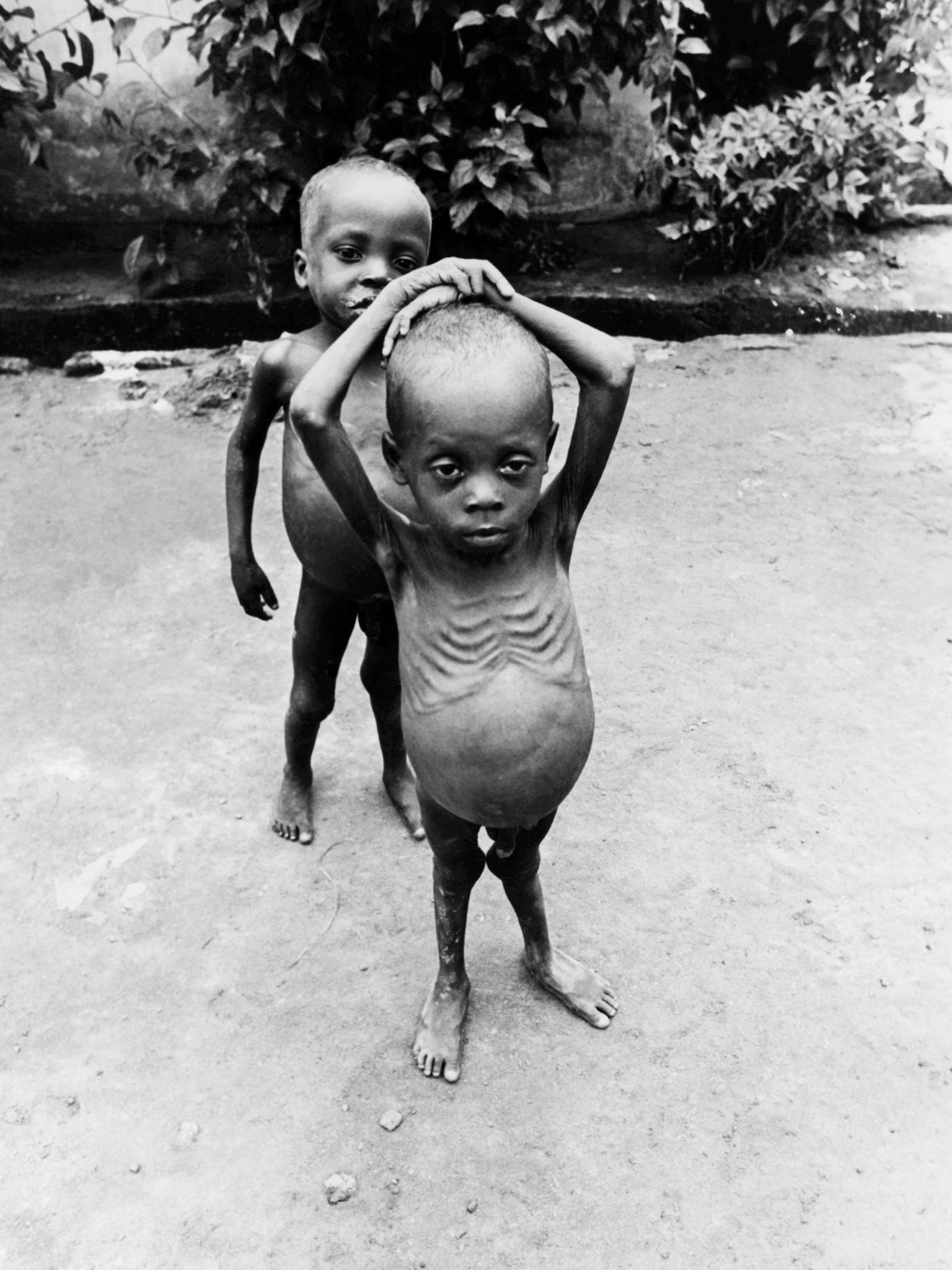It was 14 September 2017. I woke up with a start. It was about 4pm. I was still recuperating, and I was sleeping that afternoon in my room, and someone was shaking me and calling my name. I blinked. I might have started involuntarily. I was in my old home in Umuahia. My parents and other members of my family were there, brothers, nephews, nieces, cousins. We had friends and supporters outside and inside. I had felt safe, secure.
Then I heard the gunfire and I understood what the man standing over me was trying to tell me. I had to get up. I had to get out now. Soldiers had come. They were attacking the compound, shooting, killing my friends and family.
But I refused to go. I suppose for a minute or so I refused to believe what they were telling me: that the soldiers had come to kill me; I would be shot in the head, dumped among my dead companions in a shallow grave on the side of some road. They would say I had resisted arrest. That we had opened fire on the soldiers. That we were to blame. But we had no guns in the house. We only had our voices. And my men had been telling the soldiers they had no right to en ter.
My name is Nnamdi Kanu. I am the leader of the Indigenous People of Biafra (IPOB). All my life my colleagues and I have been working for Biafran self-determination, the right for the people of Biafra to choose their own destiny, to be free from persecution. You may remember the Biafran war, 50 years ago. In May 1967 Biafra was left with no choice but to secede from Nigeria only to face a vastly superior invasion army and a blockade of food supplies supported by governments as diverse as the UK and the Soviet Union.

You may remember those photographs of starving children, their bellies distended, crying with hunger, crying without tears because their tear ducts had dried up. Dying mothers, Biafran youth dead on the roads around Port Harcourt. How many Biafrans were killed because of this deliberate policy of starvation has been argued ever since. But it is in the millions. We believe five million. Other estimates are anything between one and eight million. But a handful of adults and children would have been too many, never mind millions.
Read more HERE



